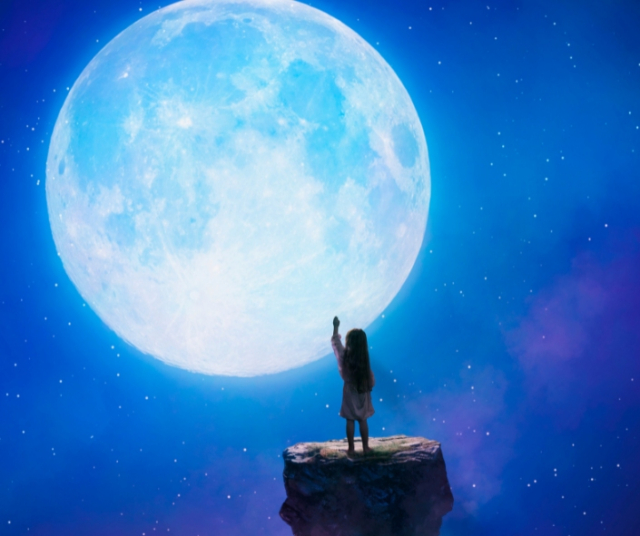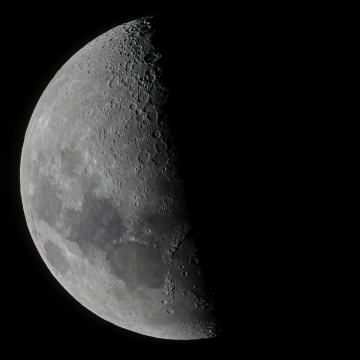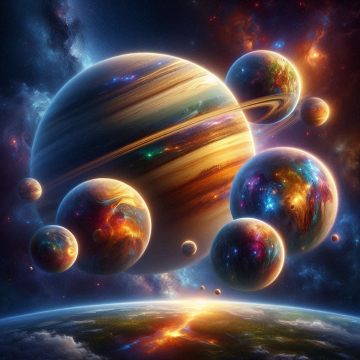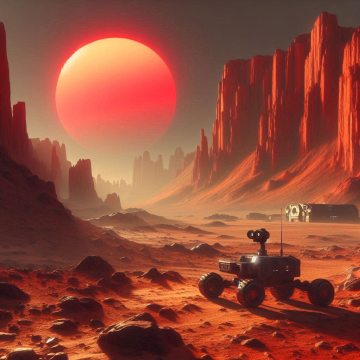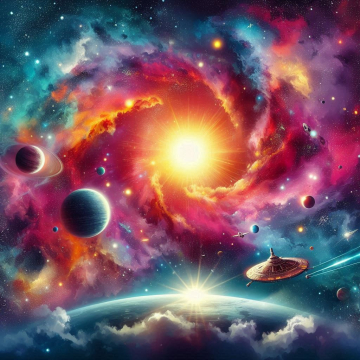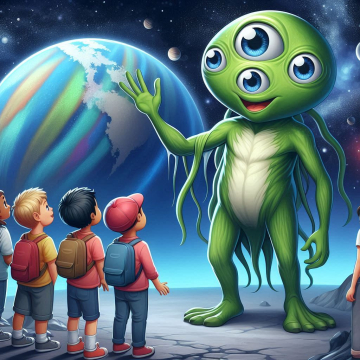The relationship between the moon and mental illness has been a topic of debate and speculation for centuries. From popular beliefs to scientific research, the influence of the moon on human psychology has intrigued humanity.
Myths and the Moon
Since ancient times, the moon has been the subject of numerous myths and popular beliefs around the world. Many cultures have attributed mystical powers to the moon and have related its lunar cycle to terrestrial events and phenomena, including mental health.
The Full Moon and Madness
One of the most common myths is the idea that the full moon is associated with an increase in insanity and erratic behavior. This myth has persisted throughout history and has been widely disseminated in popular culture. However, there is no solid scientific evidence to support this belief. Studies that have investigated the relationship between the full moon and human behavior have yielded mixed results and have mostly found no correlation.
The Wolves and the Moon
Another popular myth is the idea that wolves howl at the full moon due to its influence on animal behavior. Although this myth is widely known, biologists and animal behavior experts have debunked this idea. Wolves howl for a variety of reasons, but the moon doesn't seem to be one of them.
Scientific Data and Studies
Throughout history, several scientific studies have been carried out with the goal of determining whether there is a significant correlation between lunar phases and mental illness. Despite popular fascination with this possible connection, results have been mostly inconsistent and have not provided conclusive evidence of a clear link.
Dream and Moon
One of the most studied aspects has been the quality of sleep and its relationship with the lunar phases. Sleep is essential for mental health, and it has been speculated that the moon could influence the quality of human sleep. However, studies on this topic have yielded mixed results.
Some research has suggested that during full moon nights, people may experience difficulty falling asleep or less restful sleep. This could be due to the greater amount of light during those nights, which would affect the production of melatonin, a hormone related to sleep. However, other studies have not found significant differences in sleep quality depending on the lunar phases.
Mood disorders
Mood disorders, such as depression and bipolar disorder, are mental health conditions that have been the subject of research in relation to the moon. It has been explored whether lunar phases can influence the onset or exacerbation of these disorders, but scientific evidence is scarce.
Mood disorders are multifactorial, and their development involves a complex interaction of genetic, neurochemical, and environmental factors. While some studies have suggested that there could be an increase in hospital admissions for mood disorders during certain lunar phases, others have found no significant correlation.
Human conduct
The possible influence of the moon on human behavior, including aggression and impulsivity, has also been the subject of research. Some studies have attempted to analyze whether the moon phases have any effect on people's behavior, but the results have been inconsistent and have not conclusively shown that the moon has a significant impact on human behavior.
Importantly, most studies in this field have faced significant methodological challenges. Psychology and psychiatry are complex disciplines involving a variety of factors, and isolating the influence of the moon in controlled studies has proven difficult.
While fascination with the possible connection between the moon and mental illness persists, it is essential to remember the importance of rigorous scientific research. Science is based on the collection of objective data and the application of sound scientific methods to evaluate hypotheses. To date, most studies have not found strong evidence supporting the relationship between the moon and mental illness.
Theories and Speculations
Despite the lack of solid evidence supporting the relationship between the moon and mental illness, some interesting theories and speculations have emerged over the years.
Circalunar Rhythm
One theory suggests that the moon could have an effect on the circalunar rhythm, a biological cycle of about 29.5 days found in many organisms, including humans. It has been speculated that this rhythm could be related to certain mental disorders, but research has not yet conclusively confirmed this connection.
Placebo effect
Another possibility is that the belief in the moon's influence on mental health may have a placebo effect. People who believe in this relationship may experience abnormal symptoms or behavior during certain lunar phases due to their expectation, rather than an actual influence of the moon.
Lunar Cycles and Environmental Changes
It is important to consider that changes in the environment during the lunar phases, such as light at night, can have an impact on people's mental well-being. These environmental changes could influence sleep quality and mood, which could lead to the perception of a connection between the moon and mental health.
Mental health is influenced by a wide range of factors, including genetics, biology, environment and personal experiences. While the moon may have a place in mythology and popular culture, its influence on mental illness is ultimately an unsolved mystery.
Instead of looking for cosmic explanations for mental health problems, it is essential to address them holistically through medical care, therapy, and emotional support. Understanding mental health is based on science and empathy, not myths or speculation about the moon.
